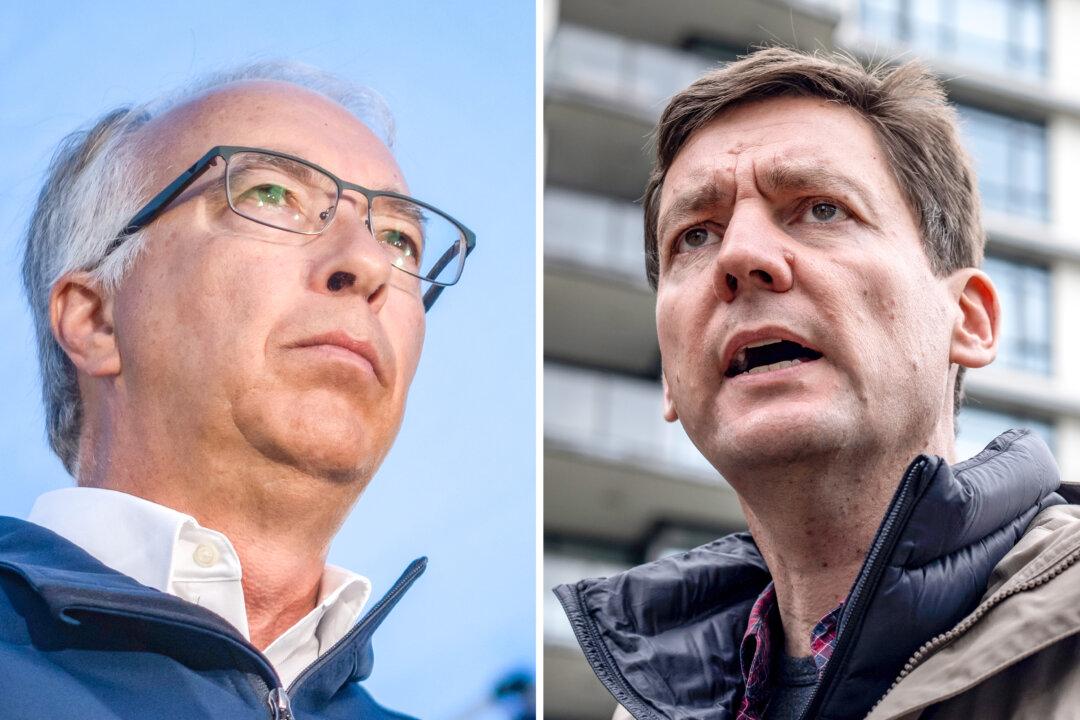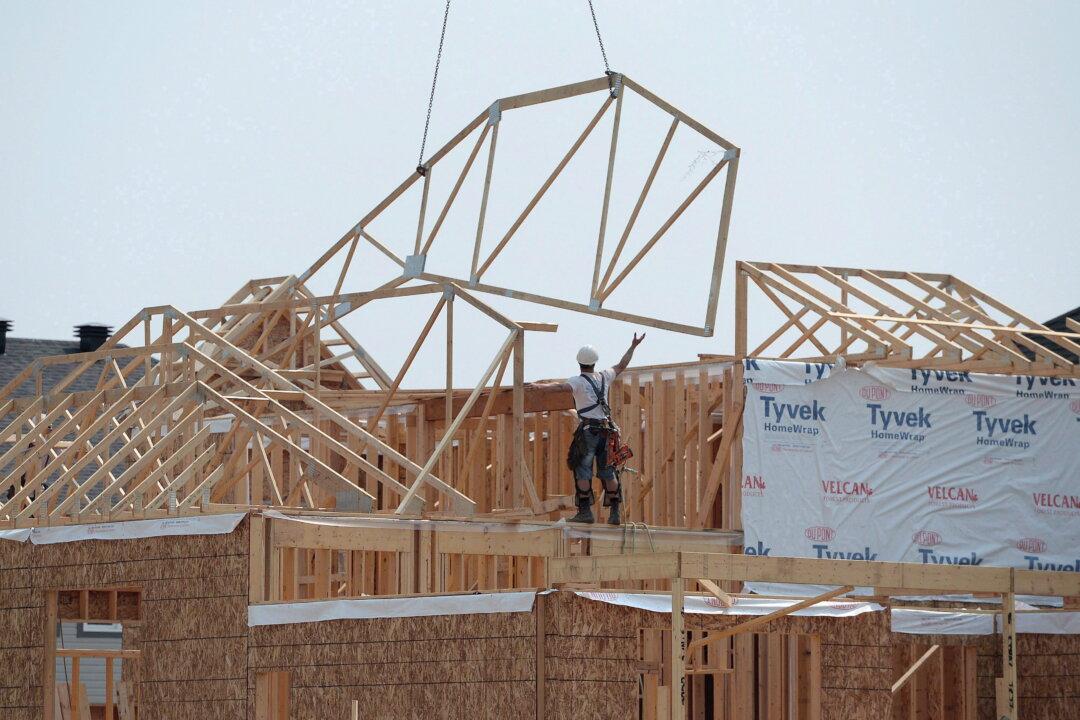The full results of the Oct. 19 B.C. election may not be known for another week as vote count continues.
As of Oct. 20, the B.C. NDP had won or was leading in 46 ridings, the B.C. Conservative Party had won or was leading in 45 ridings, and the B.C. Green Party had secured two seats. To win a majority government, a party needs to win 47 seats.






